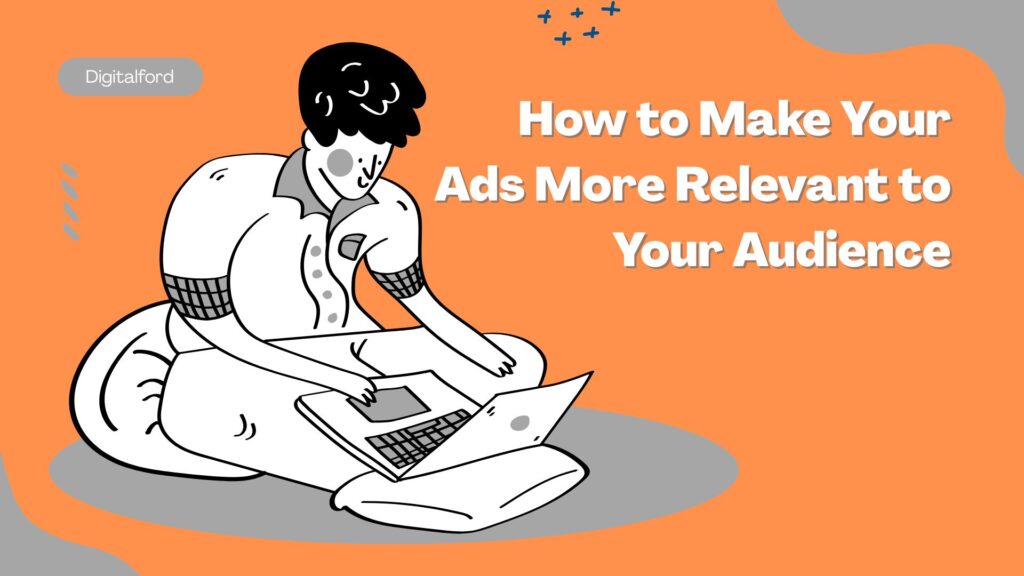Why Understanding Your Audience is the First Step in Digital Marketing
In digital marketing, your audience is not just a target — they are the reason your brand exists.
In the ever-evolving landscape of digital marketing, tools, platforms, and strategies often steal the spotlight. However, amidst all the noise, one core principle remains constant — a deep understanding of your audience is the foundation of any successful digital marketing strategy.
Whether you’re a small business owner, a marketing professional, or an aspiring entrepreneur, knowing your audience isn’t just a “nice to have” — it’s the first and most essential step toward achieving measurable results online.

Why Audience Understanding is Step One
Too often, digital marketers rush into content creation, advertising, or social media without first defining who they’re trying to reach. The result? Poor engagement, low conversions, and wasted resources.
Before you build a strategy, write copy, or launch a campaign, you must ask:
“Who am I marketing to — and what matters to them?”
By answering this question, you lay the groundwork for relevant, customer-focused communication that resonates and converts.
What Does “Understanding Your Audience” Really Mean?
It goes far beyond simple demographics. Truly knowing your audience means understanding the people behind the data — their motivations, pain points, and decision-making behaviors.
Key Elements of Audience Insight:
1. Demographics
Age, gender, location
Education, profession, income level
2. Psychographics
Interests, values, lifestyle choices
Buying behavior and personal goals
3. Online Behavior
Preferred social media platforms
Search habits and content preferences
Devices they use (mobile, desktop, etc.)
4. Pain Points
What problems are they trying to solve?
What frustrations do they face in your industry?
5. Goals and Desires
What are they trying to achieve?
How can your product or service help them succeed?
The deeper your understanding, the more effectively you can position your brand as a solution to their needs.
How Audience Understanding Impacts Your Marketing Strategy
When you build your marketing strategy around a well-defined audience, you gain several critical advantages:
✅ Targeted Messaging
Craft content and campaigns that speak directly to your audience’s concerns and aspirations.
✅ Higher Engagement
Your content feels more relevant, leading to increased clicks, shares, and interactions.
✅ Improved ROI
Marketing resources are spent wisely, with efforts focused on platforms and messages that resonate.
✅ Better Product-Market Fit
Insights from your audience can inform not just your marketing, but also your offerings and business decisions.
How to Identify and Understand Your Audience
Even without a large marketing team or expensive tools, you can begin developing meaningful audience insights using the following methods:
1. Customer Interviews and Surveys
Speak directly to existing or potential customers. Ask about their goals, challenges, and preferences.
2. Online Community Research
Explore forums, social media groups, Reddit, and Quora. Look for repeated questions, complaints, and trending topics.
3. Web and Social Analytics
Use tools like Google Analytics, Meta (Facebook) Audience Insights, or LinkedIn analytics to learn who interacts with your content and how.
4. Competitor Analysis
Study your competitors’ audiences — their content strategies, engagement rates, and customer feedback.
Use Audience Personas to Guide Your Strategy
Creating audience personas — fictional representations of your ideal customers — helps align your entire marketing approach. A well-crafted persona includes:
Name and background
Goals and challenges
Preferred content types
Buying behavior
Communication preferences
These personas ensure your team stays focused on who you’re serving and why — across every touchpoint.
Final Thoughts
In digital marketing, your audience is not just a target — they are the reason your brand exists.
Before you choose a platform, create a campaign, or draft a piece of content, invest the time to truly understand the people you want to reach. This single step can significantly increase the impact, efficiency, and success of your marketing efforts.
In a digital world full of noise, relevance is your most powerful asset — and relevance begins with audience insight.